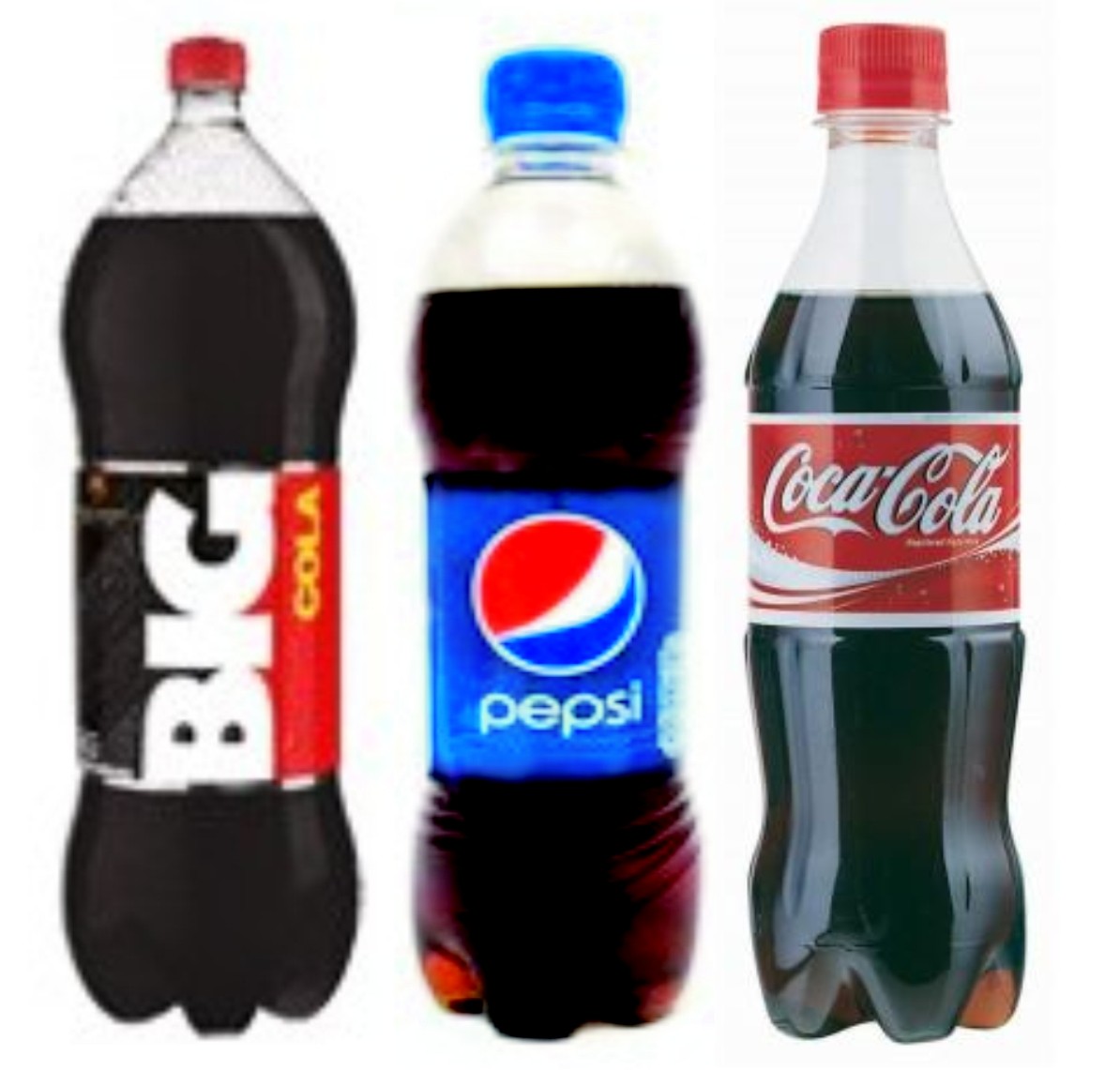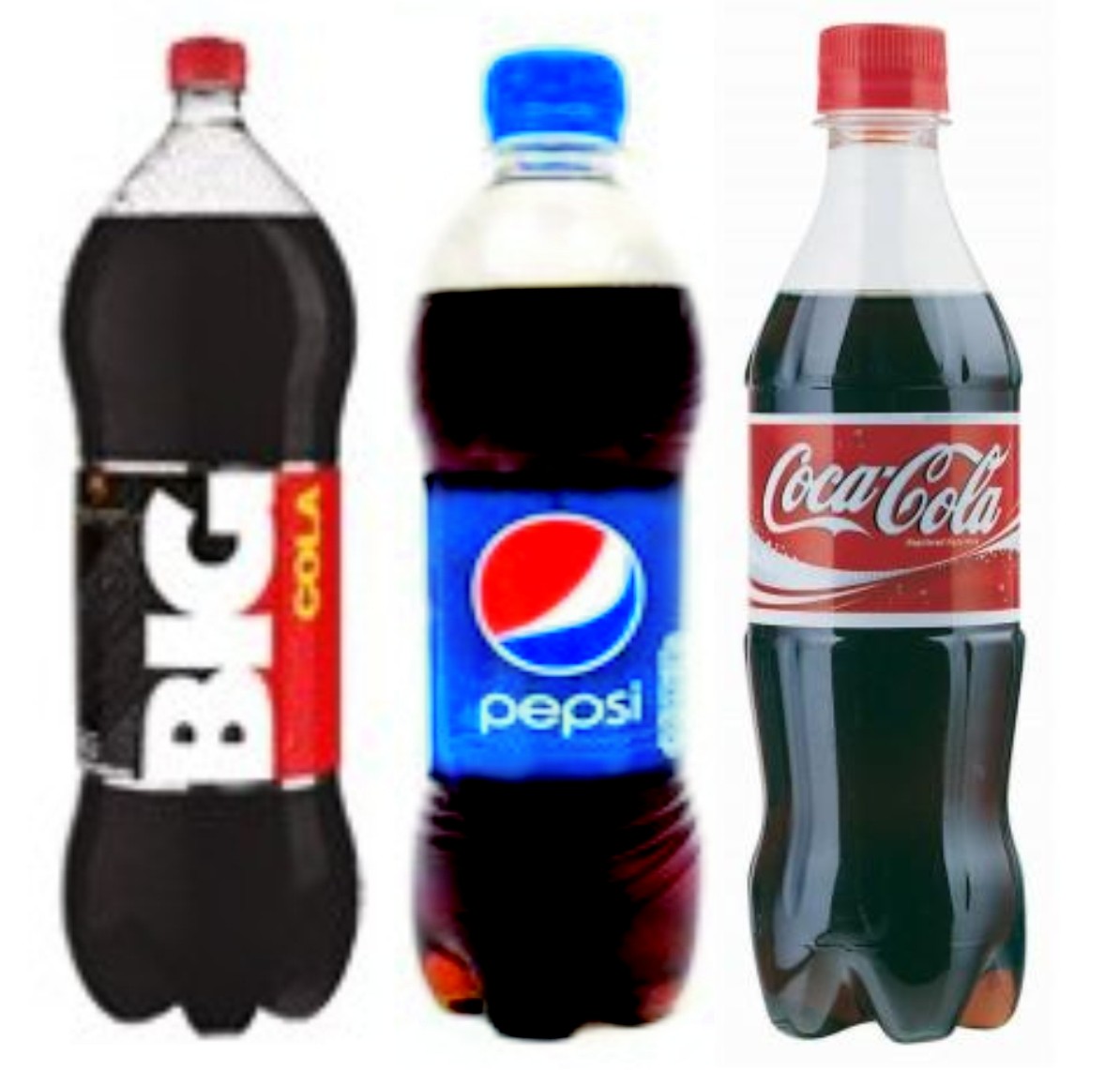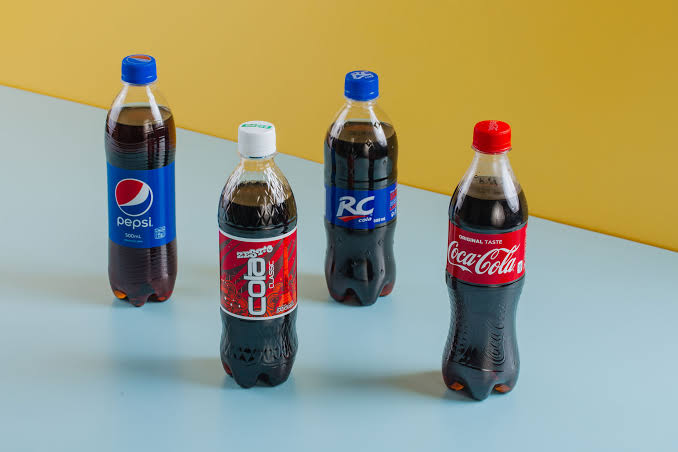Brands
Cola war escalates: Coca Cola, 7Up respond with new 60cl bottles

Having endured the incursions of new entrants like Rite Foods’s Bigi Cola, Ajeast Nigeria’s Big Cola and lately Royal Crown Cola International’s RC Cola which have cut deep into their market shares in the country, giants Coca-Cola Plc and 7Up Bottling Company have begun massive fight back as the battle for a share of the market intensifies.
With simpler organisational structure and less encumbrances, the minnows: Bigi Cola and Big Cola used bigger 60cl volume sold at N100 to break into, and indeed dominate the South West segment of the cola market, leaving Coca-Cola and 7Up gasping for breath. Both companies would eventually de-list from the Nigerian Stock Market, perhaps to avoid public scrutiny of their books as the impact of the new companies took tolls.
RELATED: RC COLA CHALLENGES COCA-COLA, 7UP IN THE SOUTH EAST
With the two big brands unable to quickly adjust, the new brands, Bigi and Big Cola which entered the market in 2016 and 2015 respectively, took a lion share of the market segment. 7Up was the first to eventually react. The company introduced 60cl Pepsi plastic bottle nicknamed “Longer Throat.” It proved effective, subsequently becoming the second most selling brand behind Bigi Cola as shown by BusinessHallmark research.
Coca-Cola’s 60cl “Big Coke” sold at N150 couldn’t compete as a result of its higher price. Its 35cl “Small Coke” sold at N100 was no match for 60cl Bigi and Big Cola sold for the same price. Only the company’s 60cl Zero Coke sold at N100 maintained a presence, albeit as a fringe player.
Whilst Bigi, Pepsi and Big Cola were having a field day in the South West, more so the former – forex challenges had encumbered Ajeast Nigeria, leading to the disappearance of Big Cola for long periods and it continues to struggle till date. RC Cola which with 50cl bottle was unable to break into the market, more recently, carved a niche in the South East where it suddenly became the dominant cola brand few months ago, displacing, again, Coca-Cola and 7Up. It was perhaps the last straw.
The big guns have been forced to adjust to what has now become the 60cl plastic bottle warfare. A few days ago, Coca-Cola introduced its own 60cl Sprite bottle at N100 and its fast picking up in the market. This is after it had introduced similar Fanta volume and bought over and reintroduced 60cl Limca bottles, which had failed to catch up with Bigi Cola and Pepsi but doing better now, gradually.
On their part, 7Up has introduced 60cl Mirinda and 7Up to complement Pepsi. Similarly, Lacasera Company has re-branded and reintroduced its Lacasera beverage drink, predictably, this time in 60cl bottle at N100.
“It’s all about 60cl bottles now,” quipped Salihu a retailer at Fatgbems, Isheri North, Ogun State. “No 60cl, no market. Nobody go buy your drink.”
Few months ago, the Lacasera Company, in an earlier attempt at revival, launched its Smoov Chapman brand. The move has since triggered another kind of cola war: the Chapman war.
Following the introduction of Smoov Chapman, initially in 50cl plastic bottle, and its consequent acceptance by consumers, Rite Foods also introduced its own 60cl Bigi Chapman to fight it off. Sensing the Bigi threat, however, Lacasera, subsequently introduced a bigger version of Smoov, the 60cl bottle to match Bigis. It’s a strategy that seems to have worked as Smoov remains the dominant Chapman brand.
With the big brands finally embracing the big bottle challenge, it could soon be party over for the new comers. For analysts, it was always inevitable for reasons of economy of scale, distribution channels and financial strength.
“Established companies like Coca-Cola and the rest that command significant market share already and have economy of scale, such that if it comes to a sort of prize war, they would still operate on lower margin and still be profitable because you have to look at their distribution channel which is nationwide,” said Dr. Bongo Adi, senior lecturer at Lagos Business School.
“So they have dominant market shares which will not be taken from them easily. Whenever a new product comes in, they use an aggressive price strategy to penetrate. We don’t know what is happening to the bottom line of those companies, because they are likely to incur losses at the initial phase while making efforts to penetrate the market.”
However, even with their reach and capabilities, it may take the big companies awhile. The response appears a little belated. A few months ago, it would have been hard to anticipate any sudden alteration of Coca-Cola and 7Up dominance of Eastern market.
Years after the South West had caved in to the dominance of BigiCola, the big brands still ran the show in the East.
Nonetheless, they perhaps, failed to realise that in a fast changing business environment, characterised by intense competition, it takes eternal vigilance and a measure of flexibility to keep top spot.
Having begun to adjust however, it’s obvious observers say, that the big players have all it takes to re-establish dominance.
“Those other guys are now being forced to adjust. 7Up has collapsed its operational system,” said Mr. OnosMolokwu, Country Head, Bates Cosse Communication and Marketing Agency. “Unlike when they had marketing managers, branch managers and all thatthey have collapsed everything. They don’t even have a single truck again. They have outsourced that. Everybody is looking at how to keep their own operations neat and tidy.”
It is an ever evolving, ever competitive industry. RC Cola had followed the steps of Bigi Cola and Bigi to become the latest carbonated drink brand to make impact in the Nigerian market. New brands are still emerging. It most likely won’t be the last.
“New products are still going to come into the market. The point is that everybody is looking at Nigeria. It’s unfortunate that Nigerians don’t invest in their country,” Molokwu had noted.
“The Europeans cannot see 200 million people and say that they have not seen a market. The 200 million people must eat something, so just provide what it is that those 200 million people can afford and you are a billionaire.
“They will continue to come to the country; the competition is going to get stiffer. Those bigger companies will have to re-engineer themselves to be able to compete with all these small brands that are giving them headaches.”








